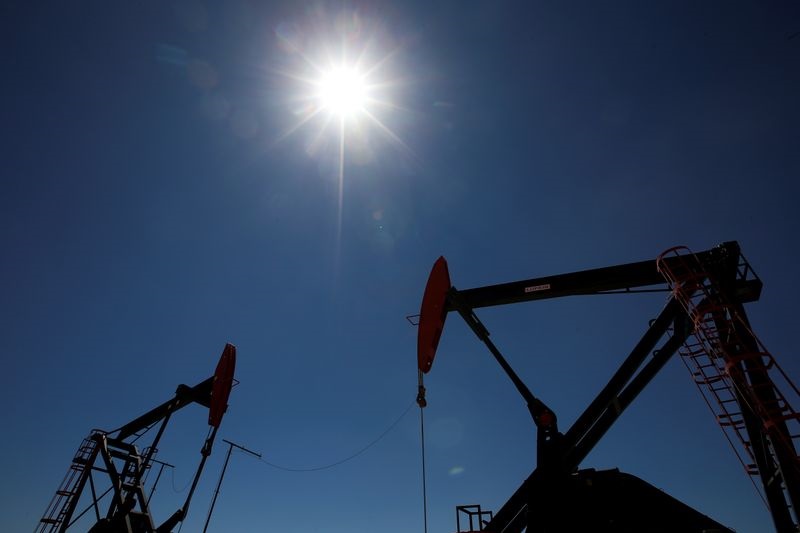Shares of uranium companies experienced volatility following news that the Canadian government is contemplating export taxes on several major commodities, including uranium and oil, as a countermeasure to potential tariffs threatened by the United States. This development has particularly affected stocks such as Cameco Corp (TSX:). (NYSE:CCJ), Energy Fuels (TSX:) (NYSE:UUUU), and Uranium Energy (NYSE:NYSE:).
Officials within Prime Minister Justin Trudeau’s administration are discussing the possibility of imposing export levies on commodities like uranium, oil, and potash as a last resort, according to a report from Bloomberg, citing officials familiar with the discussions. This comes in light of incoming President Donald Trump’s indication that he might introduce broad tariffs. Before considering export taxes, which would increase costs for US consumers and businesses, Canada is more likely to implement retaliatory tariffs on US-made goods and exert export controls on specific products.
The Canadian government may also seek to expand its powers over export controls in an upcoming fiscal and economic update scheduled for Monday. As the largest external supplier of oil to the US, Canadian export taxes could significantly impact US refineries, particularly in the Midwest, which rely on Canadian crude for nearly half of their production.
, another significant Canadian export, serves as the primary foreign source of fuel for US nuclear power plants. The US Department of Defense has also invested in Canadian cobalt and graphite projects to lessen dependence on Chinese supply chains.
While some analysts anticipate Trump may exempt commodities from his proposed 25% tariffs on goods from Mexico and Canada, Canadian officials have stated that a response would be necessary if energy is exempted while other products are targeted. Such a scenario could lead to the implementation of export taxes by Canada.
However, the idea of export taxes has faced opposition domestically. Alberta Premier Danielle Smith and Saskatchewan Premier Scott Moe have both expressed strong disapproval of such measures, emphasizing a preference for diplomatic solutions over tariffs that could raise living costs.
The use of export taxes would also pose a significant risk to the Canadian economy, as energy products account for about 30% of its exports to the US. Canada’s second-largest uranium producer, Cameco (NYSE:) Corp., sells its uranium and fuel services primarily to nuclear utilities in the Americas. As domestic production of uranium in the US is minimal, the reliance on imports is substantial.
Former chief trade negotiator Steve Verheul mentioned the possibility of Canada employing export taxes as a negotiation tool if tariffs are imposed. Finance Minister Chrystia Freeland also indicated that retaliation involving commodities had been discussed with provincial premiers.
Despite these discussions, Trudeau’s government aims to avoid a trade war with the US and is planning to make announcements on border security to address concerns about migration and fentanyl trafficking. Canada is a smaller source of these issues compared to Mexico, based on US government data.
This article was generated with the support of AI and reviewed by an editor. For more information see our T&C.
